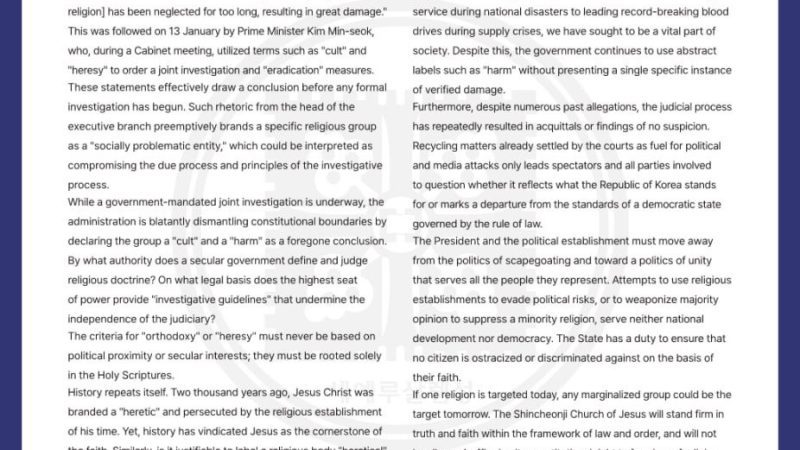On Tuesday 31st August 2021, Johnson & Johnson and partners announced that the Imbokodo study, a large-scale HIV vaccine proof of concept trial, did not significantly reduce the overall risk of HIV acquisition among over 2,600 women in five sub-Saharan African countries.
The Adenovirus 26-based mosaic vaccine regimen was shown to be safe, but it did not meet predefined criteria for efficacy to warrant moving forward for longer follow-up.
While addressing the health Journalists via Zoom on the evening of 31st August, the Executive Director Mitchell Warren said, it is very disappointing that this particular vaccine candidate did not work in this trial, but the trial was well-conducted and got an answer quickly.
“We applaud Johnson & Johnson for working in collaboration with the HIV prevention community, for their leadership in HIV vaccine research and for their longstanding commitment to Good Participatory Practices (GPP) that must be continued to maintain trust in vaccines and in research,” She Added.
“We always hope that efficacy trials will show positive results that lead directly to new prevention options,” said Warren.
“This is in no way the end of the search for an HIV vaccine,” added Warren.
“AVAC calls on donors, research groups and industry to join in strategic discussions with civil society and trial communities to map out a comprehensive strategy for the future of HIV vaccine research, product development and selection, and trial designs,” Added Warren.
However researchers are optimistic that, a renewed commitment to this type of engagement within the HIV vaccine field would build on lessons learned from COVID-19 vaccine development and lead to a strategy that is coordinated, appropriately resourced, includes relevant target product profiles, and commits to share data across research groups and trials.
“We need an HIV vaccine to provide a durable end to the HIV pandemic, but we can’t wait for a vaccine,” added Warren.
“For the last two decades, we have seen HIV prevention trials reporting annual incidence rates of four percent or higher among women trial participants in various East and Southern African countries. Sadly, Johnson & Johnson noted a high rate of HIV infections in this trial as well,” added Warren.
Nandisile Luthuli, the AVAC’s Regional Stakeholder Engagement Manager revealed that HIV remains a global threat, and a safe, efficacious and accessible HIV vaccine is still needed to contribute towards curbing new infections and providing a durable end to the pandemic.
“AVAC recognizes the enormous contribution of the 2,637 women from five countries in Southern Africa who participated in the trial, and we congratulate the trial teams at sites and across the globe for their work on a superbly run study,” said Nandisile Luthuli.
Safe and effective HIV prevention options, including male and female condoms, voluntary medical male circumcision and daily oral PrEP are all available now, but not rolled out to scale.
Additional prevention options are nearing availability, including the Dapivirine Vaginal Ring and injectable cabotegravir, and several next-generation PrEP options are now entering advanced clinical trials.
The recent results of the HPTN 084 trial of injectable cabotegravir showed very low incidence rates among women in both the intervention arm and the comparative daily oral PrEP arm, making it clear that both forms of PrEP are effective prevention options.
The Imbokodo study evaluated whether an Adenovirus 26 based mosaic vaccine regimen could safely and effectively reduce the rate of new HIV infections among 2,637 cisgender women in 23 sites in Malawi, Mozambique, South Africa, Zambia and Zimbabwe. Participants received a total of four doses over 12 months of either a prime-boost vaccine regimen of a mosaic viral-vectored vaccine, Adeno26.Mos4.HIV (Ad26 prime) and an aluminum phosphate-adjuvanted clade C gp140 protein (boost), or a placebo.
While the Imbokodo study did not provide sufficient protection to continue, there were no safety concerns with the Adenovirus26-based mosaic vaccine candidate.











